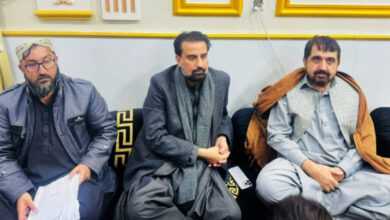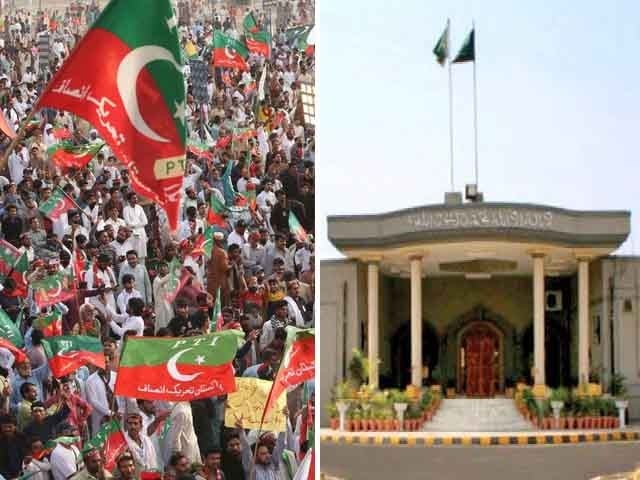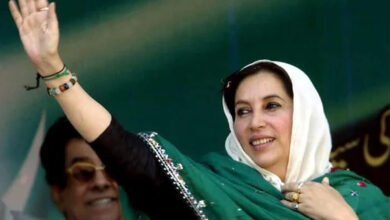Court Hears Intracourt Appeal Against Trial of Civilians in Military Courts

An intracourt appeal challenging the trial of civilians in military courts is currently being heard by a seven-member constitutional bench led by Justice Aminuddin Khan. The bench is being presented with arguments by the counsel for the Ministry of Defence, Khawaja Haris.
Yesterday, Khawaja Haris presented the record of military trials in white envelope folders to the constitutional bench, stating that the court should review the trial procedures. The military trial records were distributed in seven copies to each of the seven judges of the bench.
During today’s hearing, Justice Jamal Mandokhel clarified an observation made the previous day regarding media reports suggesting that two judges had called the decision of eight judges as wrong. Justice Mandokhel mentioned that many retired judges had contacted him regarding this news. He emphasized that he was not concerned with media reports but sought to correct the misinformation. He clarified that his remarks were made in the context of individuals expressing opinions on a decision, not in the official capacity of judges.
Khawaja Haris argued that military courts are not mentioned under Article 175 of the Constitution, which outlines the judicial system, and that military courts are established under separate legislation that is recognized. Justice Mandokhel responded by noting that courts formed under Article 175 have broader powers, while courts formed under specific laws have limited jurisdiction. He also referenced the 21st Amendment ruling, which states that military courts were established in wartime conditions, and an amendment to the Constitution was required to allow for civilian trials.
In response to questions regarding the trial of those responsible for the attack on GHQ, Khawaja Haris explained that the amendment did not require a change in the law, but rather an inclusion of additional crimes in the Army Act. Justice Hassan Azhar Rizvi pointed out that incidents like the attacks on Mehran and Kamra airbases had been mentioned in the 21st Amendment case, and inquired where the trials for these attacks were held. Khawaja Haris replied that the trial for the GHQ attack occurred in military courts before the 21st Amendment.
Justice Rizvi also questioned whether any investigations were conducted into the identity and origins of the terrorists killed during the Mehran Base attack, emphasizing that the file on the attack should not have been closed without proper investigation. He further inquired about the trial of those involved in the Kamra airbase attack.
As the hearing progressed, the counsel for the Balochistan government, Sikandar Bashir Mohmand, indicated that they supported the arguments made by the Ministry of Defence. Justice Mandokhel questioned how the Balochistan government could be considered an affected party in this case and insisted that they must justify their role in the proceedings. He remarked that it was not enough to merely adopt the arguments of another party without establishing a clear reason for their involvement. After a brief recess, the court instructed Balochistan’s counsel to provide further arguments to clarify their position.
The hearing is ongoing, with further developments expected following the recess.






